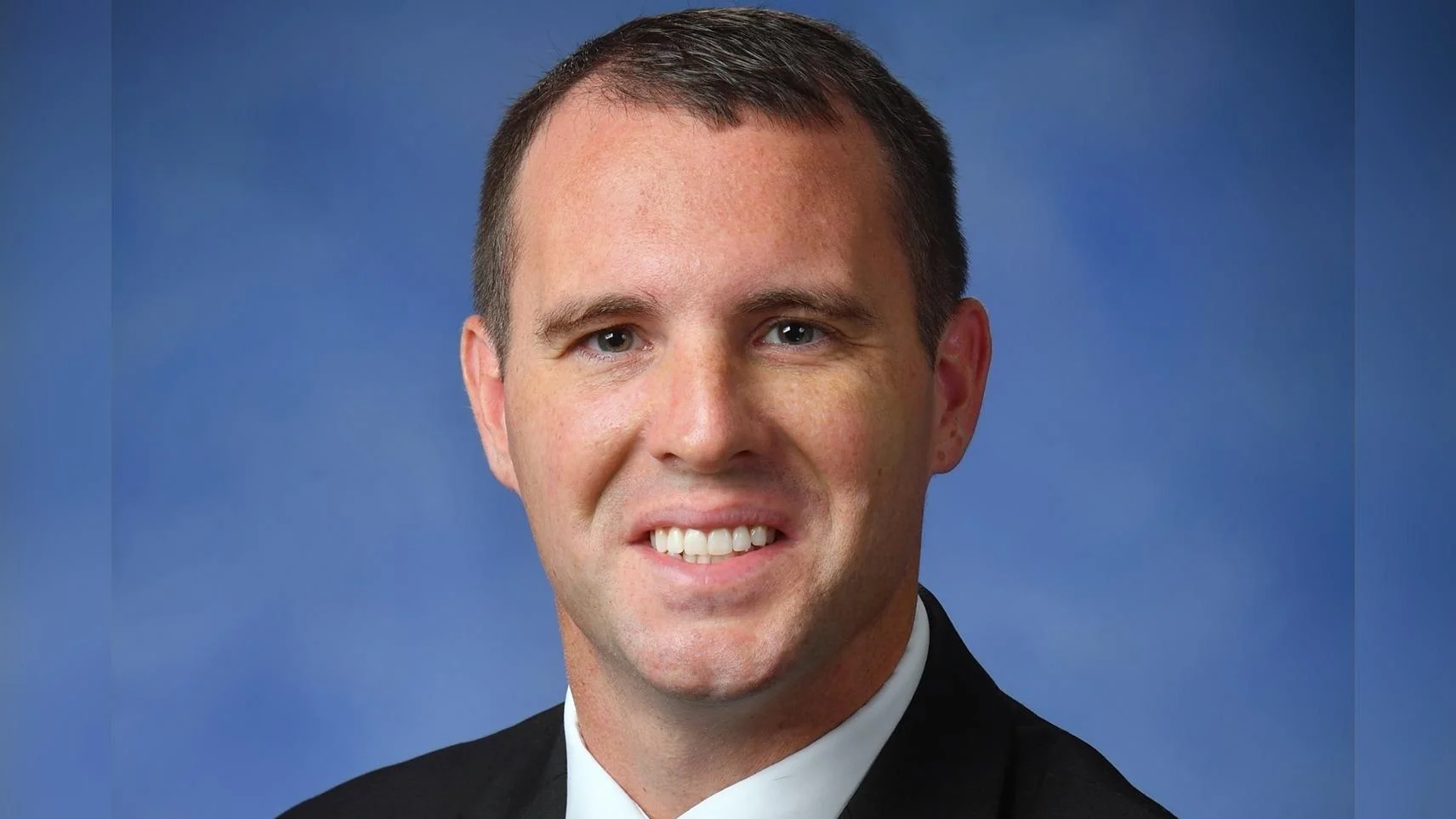Thomas Albert represents the 18th District in the Michigan Senate | Official facebook
Thomas Albert represents the 18th District in the Michigan Senate | Official facebook
State Senator Thomas Albert, a Republican from Lowell, commented on the recently approved Michigan state budget for the 2025-26 fiscal year. While he acknowledged that the passage of the budget removes the risk of a government shutdown and brings stability for residents, he expressed reservations about supporting it.
“The silver lining of this state budget approval is it ends any possibility of a state government shutdown and provides some long-overdue certainty for Michiganders. That is a relief, but overall, I could not support this specific budget plan. Despite steps in the right direction, it is structurally unsustainable," Albert said.
Albert criticized previous financial decisions by Democratic lawmakers, saying: “This self-inflicted government spending problem was worsened a few years ago when Michigan Democrats squandered a $9 billion budget surplus. They expanded and created state government programs that they now can’t afford to maintain without tax increases or shifts.”
He noted that while additional funding for road infrastructure is necessary, much of it depends on new taxes and missed opportunities to leverage recent federal tax changes. He raised concerns about Michigan's economic competitiveness and questioned revenue projections from a new wholesale marijuana tax. He also pointed out worries about rural communities potentially receiving less funding through the road allocation formula and reductions in constitutional revenue sharing impacting local services such as police and fire departments.
“The increased spending on roads contained in this budget is needed, but it relies too much on new taxes and missed opportunities to benefit from recent federal tax changes. This may make Michigan a less competitive place to create or maintain jobs. I doubt the new wholesale tax on marijuana will bring in as much revenue as planned. I also have heard concerns that rural communities may be shortchanged in the road funding distribution formula, and a reduction in constitutional revenue sharing will hurt communities that rely on it for police, fire and other services,” Albert stated.
He did recognize some positive aspects within the budget proposal: “While I do support some significant positive steps in this budget — such as reduced overall spending, important measures to rein in corporate welfare, and more transparency in legislative earmarks — it is built in a way that is unsustainable moving forward.”
On education funding, Albert supported investment but criticized how resources are allocated: “I support investing in our K-12 schools, but once again, this budget does not do enough to ensure that increased spending translates into real results for our kids. We already invest more per student than most states with below-average results. We should tie spending increases to policy changes that will truly improve student achievement. And I disagree with the shift that allows more K-12 School Aid Fund money to flow to universities.”
He concluded by acknowledging challenges posed by divided government: “I realize no one is going to be totally satisfied with a budget adopted during an era of divided government, with Republicans leading the House. Democrats running the Senate and the governor’s office — but I do believe even in this context we can do better than this for Michiganders.”

 Alerts Sign-up
Alerts Sign-up